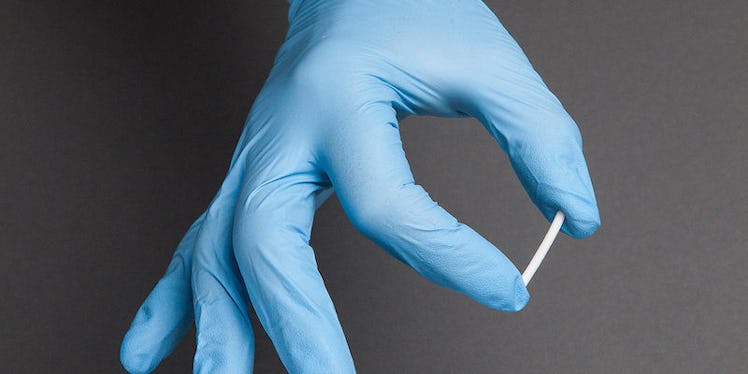
We Have To Change The Culture On Opioid Addiction Treatment
Opioid overdoses kill more people in American than car crashes. The opioid epidemic is a serious health issue that we need to be paying attention to.
Too often, we treat addictions like moral failings that can only be solved with strong character.
But opioid addictions actually change how a person's brain works, as Jason Cherkis reported in the Huffington Post. This is why treatment programs like rehab and 12-step programs tend not to work for addicts. Relapse is a massively prevalent issue for opioid addicts.
Rather than tell people to just be "better" -- whatever that might be -- we have to treat addiction as a medical issue. And there are actually medicines that help treat addiction.
Patrick Kennedy formerly served in the House of Representatives for Rhode Island. But he also suffered from addiction, for which he sought treatment in the 2000s.
He speaks about addiction in a video for It's Chemistry Not Character, an organization aiming to change how our culture sees addiction. In it, he says:
The disease of addiction is a medical illness, and there are medical remedies that reduce the disability and death of those suffering from this illness.
It's Chemistry Not Character is partnered with a few organizations including Braeburn Pharmaceuticals. Braeburn developed a new form of buprenorphine, which treats opioid addiction.
The new form is an implant a doctor puts in your arm that lasts for 6 months. Because it's an implant, a patient doesn't have to worry about accidentally (or consciously) not taking a pill, which could lead to relapse.
It's basically like a woman getting a birth control implant instead of taking the pill -- it reduces patient responsibility, which generally increases effectiveness.
Braeburn's buprenorphine implant was approved by the FDA at the end of May. FDA Commissioner Robert M. Califf said in a press release:
Opioid abuse and addiction have taken a devastating toll on American families. We must do everything we can to make new, innovative treatment options available that can help patients regain control over their lives.
This is what Behshad Sheldon, the head of Braeburn, wanted to do in developing this product. She told Elite Daily:
There are so few [addiction treatment] medicines because of how we view addiction.
Sheldon said she is happy that Congress is starting to address opioid addiction. But the government and medical community still have a lot of work to do before people are properly cared for. Sheldon said:
The issue is that unfortunately, rehab is a short-term stint. It's not a solution for what is clearly a chronic brain disease... We want people to realize this is not a moral failing, this is actually about brain chemistry.
Citations: FDA, Huffington Post